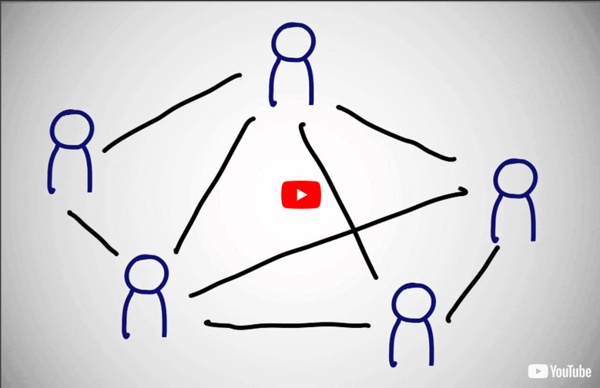



http://www.youtube.com/watch?v=r8avYQ5ZqM0
500 Free Online Courses from Top Universities Advertisment Take online courses from the world’s top universities for free. Below, you will find 1,700 free online courses from universities like Yale, MIT, Harvard, Oxford and more. Our site also features collections of Online Certificate Programs and Online Degree & Mini-Degree Programs. The MOOC Guide The purpose of this document is two-fold: - to offer an online history of the development of the Massive Open Online Course (MOOC) - to use that history to describe major elements of a MOOC Each chapter of this guide looks at one of the first MOOCs and some early influences. It contains these parts: - a description of the MOOC, what it did, and what was learned - a description of the element of MOOC theory learned in the offering of the course - practical tools that can be used to develop that aspect of a MOOC - practical tips on how to be successful Contribute to this Book You are invited to contribute.
OPEN EDUCATION DB Written by: Thomas Broderick Universities, colleges, and private organizations offer free online college courses to help students acquire new knowledge and skills. These courses cover a variety of traditional academic topics and other subjects that can lead to career advancement and personal enrichment. Courses occur online, allowing learners from all over the world to participate.
Instructional design and the MOOC Amy Collier This is an exciting and challenging time to be an instructional designer. Universities’ surging interest in online learning—including MOOCs—has created a need for instructional designers in departments where they may not have been wanted or needed before. Isabel Ruivo - a learning diary for CREATIVE USE OF TABLETS IN SCHOOL UNESCO's educational goals for the 21st century clearly underline that school organisations can and should be the energiser of societal change: by differentiating learning, by promoting autonomy, creativity, by enhancing life long learning, by building upon collaboration, by growing resilience and change managing and adaptive profiles. The use of tablets in teaching and learning is a mean of bringing to life that new societal project. Learning becomes more engaged; project development, with students' empowerment, can grow and feed life projects; collaboration, supporting others and sharing will enhance acceptance and tolerance. With the use of tablets, teachers can be more efficiently supportive of each student learning development; teaching can really be student centred; practical and laboratorial activities in all subjects can occur; academic outcomes can improve, by a capable pedagogical differentiation; schools can become learning organisations themselves.
Open Learning Initiative At Harvard Extension School, free and open learning is hardly a new concept. In fact, the Extension School was founded with this mission in mind: to create an affordable way for any motivated student to take courses at Harvard. We stay true to this mission today, offering several free courses and nearly 800 for-credit courses at reasonable tuition rates. Massive open online course Poster, entitled "MOOC, every letter is negotiable", exploring the meaning of the words "Massive Open Online Course" A massive open online course (MOOC /muːk/) is an online course aimed at unlimited participation and open access via the web.[1] In addition to traditional course materials such as filmed lectures, readings, and problem sets, many MOOCs provide interactive user forums to support community interactions among students, professors, and teaching assistants (TAs). MOOCs are a recent and widely researched development in distance education which were first introduced in 2006 and emerged as a popular mode of learning in 2012.[2][3] Early MOOCs often emphasized open-access features, such as open licensing of content, structure and learning goals, to promote the reuse and remixing of resources. Some later MOOCs use closed licenses for their course materials while maintaining free access for students.[4][5][6][7] History[edit]
Swinburne University Carpe Diem MOOC Enrol now in Swinburne's free Open Online Course Carpe Diem is a proven collaborative and rapid course development method for effective learning design. Whether it be adapting an existing course for online delivery or ensuring your course is designed for future learning, Carpe Diem is an essential method for anyone interested in improving learning and teaching. "Carpe Diem is based on 13 years of research into collaborative design for technology enhanced learning ...I am delighted that this MOOC brings Carpe Diem agile, rapid team developments for effective learning design to the broader education community" Professor Gilly Salmon
A very interesting and systematic approach to a subject that escapes many older people who have simply given up trying to learn new things on the internet. Your five step process is a reciepe to success. Something that all of us should be striving for. You have done a service to the learning public and my hat is off to you. Oh oh better put that hat back on as I am prone to skin cancer. by gjipstra Apr 19